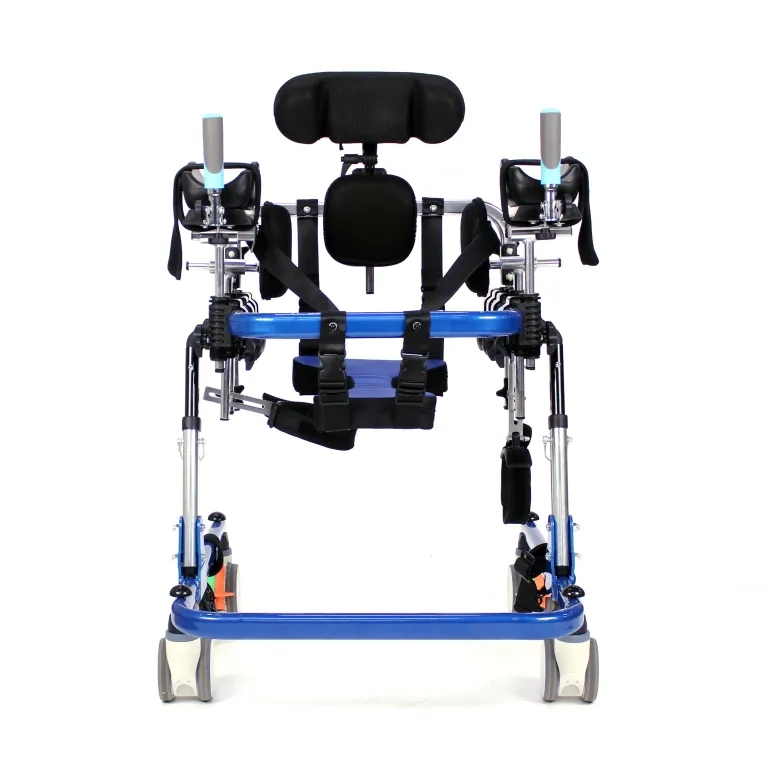Walking is a fundamental aspect of human mobility, but for individuals with certain medical conditions, it can be challenging or even impossible to maintain this independence. This is where medical walkers come into play, providing support and stability to those who need it most. In this article, we will explore the various aspects of medical walkers, including their medical terminology, customization options, solution providers, importation processes, and wholesalers. We will also delve into the pricing of these essential devices, ensuring that they are accessible to everyone who needs them.
Firstly, let's clarify the medical term for walker. A walker is a medical device designed to assist individuals with mobility issues in standing upright and moving around safely. It typically consists of four legs and a handlebar for gripping. The walker is an essential tool for people recovering from injuries, surgeries, or chronic conditions that affect their balance and strength.

One of the key advantages of medical walkers is their customizability. Customizing a walker means altering its design or features to meet the specific needs of the user. For example, a taller or shorter walker can be provided to accommodate users of different heights. Similarly, a walker with adjustable armrests can offer additional comfort and support. Customization options can significantly enhance the usability and effectiveness of a walker, making it an essential consideration when selecting a medical walker solution.
When it comes to finding a reliable medical walker solution provider, there are several factors to consider. Firstly, the provider should have a strong reputation for delivering high-quality products that meet industry standards. Secondly, they should offer a wide range of walker models and customization options to cater to different user needs. Thirdly, they should provide excellent customer service, including prompt response times and effective communication channels. By considering these factors, individuals can find a suitable medical walker solution provider that meets their requirements.
Another important aspect of medical walkers is their importation process. Many countries rely on importing medical devices like walkers due to various reasons such as lack of local production or availability of specialized equipment. However, importing medical devices involves complying with regulatory requirements and ensuring that the products meet safety and quality standards. Therefore, it is crucial to work with experienced importers who understand the complexities of the process and can ensure compliance with relevant regulations.
Finally, wholesalers play a vital role in making medical walkers accessible to healthcare providers and end-users at affordable prices. Wholesalers purchase medical devices in bulk quantities from manufacturers and then distribute them to retailers or directly to healthcare facilities. By working with wholesalers, healthcare providers can benefit from competitive pricing and access to a wide range of medical walker models and customization options. This can ultimately lead to improved patient outcomes and increased satisfaction among healthcare providers.
In conclusion, medical walkers are essential devices that enable individuals with mobility issues to maintain their independence and quality of life. By understanding the medical terminology associated with walkers, exploring customization options, finding reliable solution providers, considering importation processes, and working with wholesalers, individuals can access affordable and effective medical walkers that meet their unique needs. As we continue to navigate the ever-evolving healthcare landscape, it is crucial to prioritize accessibility and affordability in providing essential medical devices like walkers to those who need them most.


